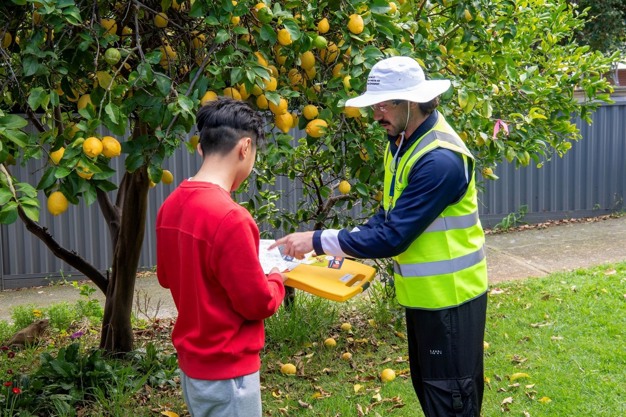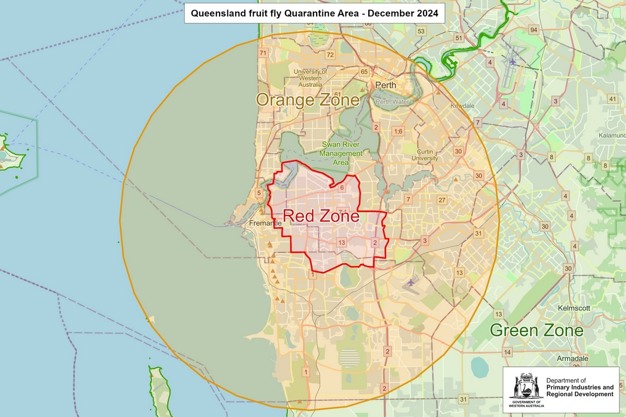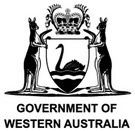A Quarantine Area has been declared in Perth's southern suburbs to support efforts to eradicate Queensland fruit fly (Qfly), requiring residents and businesses to take action to help protect gardens and stop the spread of the pest to the agricultural area.

The move comes after the damaging pest was detected in Willagee and Palmyra by the Department of Primary Industries and Regional Development's (DPIRD's) early detection surveillance trapping grid.
Qfly is a significant pest in horticulture and home gardens that infests more than 300 types of fruit, including fruiting vegetables like chilies, capsicums, and tomatoes. The Quarantine Area includes two zones – a corrective action zone around where the pest was first found (Red Zone) and a buffer zone of surrounding suburbs within a 15-kilometer radius of the initial detections (Orange Zone).

An online interactive map can assist residents and businesses in identifying what zone may apply to them and what rules apply. Residents and businesses in the Red Zone must remove all fruit and fruiting vegetables – regardless of maturity – from Qfly host plants, as well as fallen fruit.
Homegrown fruit and fruiting vegetables inside the Red Zone can be consumed, however, only treated fruit can be moved within or outside the zone. Treatment options include cooking, processing, freezing, or solarising by securing fruit in a black plastic bag and placing it on a hard surface in direct sunlight for more than seven days.
Fruit not consumed or treated must be disposed of by securing in a black plastic bag and disposing in the general waste bin – but not into the recycling or food organics, garden organics (FOGO) bin. Both homegrown and commercial fruit coming into or passing through the Quarantine Area must be securely covered to ensure the produce does not become infested. DPIRD is liaising with industry and supply chain operators, including Market City, to make them aware of the movement requirements.
DPIRD Chief Plant Biosecurity Officer Vincent Lanoiselet said the department appreciated the community's and industry's support for the movement requirements, which would play a critical role in eradicating the pest as quickly as possible. "These important measures will help to break the life cycle of the pest and stop its spread to other host plants in gardens, parks, and farmers' crops," Dr Lanoiselet said.
"Working together – industry, government, and community – and complying with the Quarantine Area directions gives us the best chance of eradicating this pest, which could impact growers' livelihoods and access to valuable markets."
The department has vast expertise and experience in responding to Qfly detections in the metropolitan area, having eradicated the pest nine times in the past 40 years.
DPIRD officers are undertaking inspections and baiting with a registered organic control on street trees and trees on residential and commercial properties.
 For more information:
For more information:
Government of Western Australia
Tel: +61 8 9368 3937
Email: [email protected]
www.wa.gov.au
